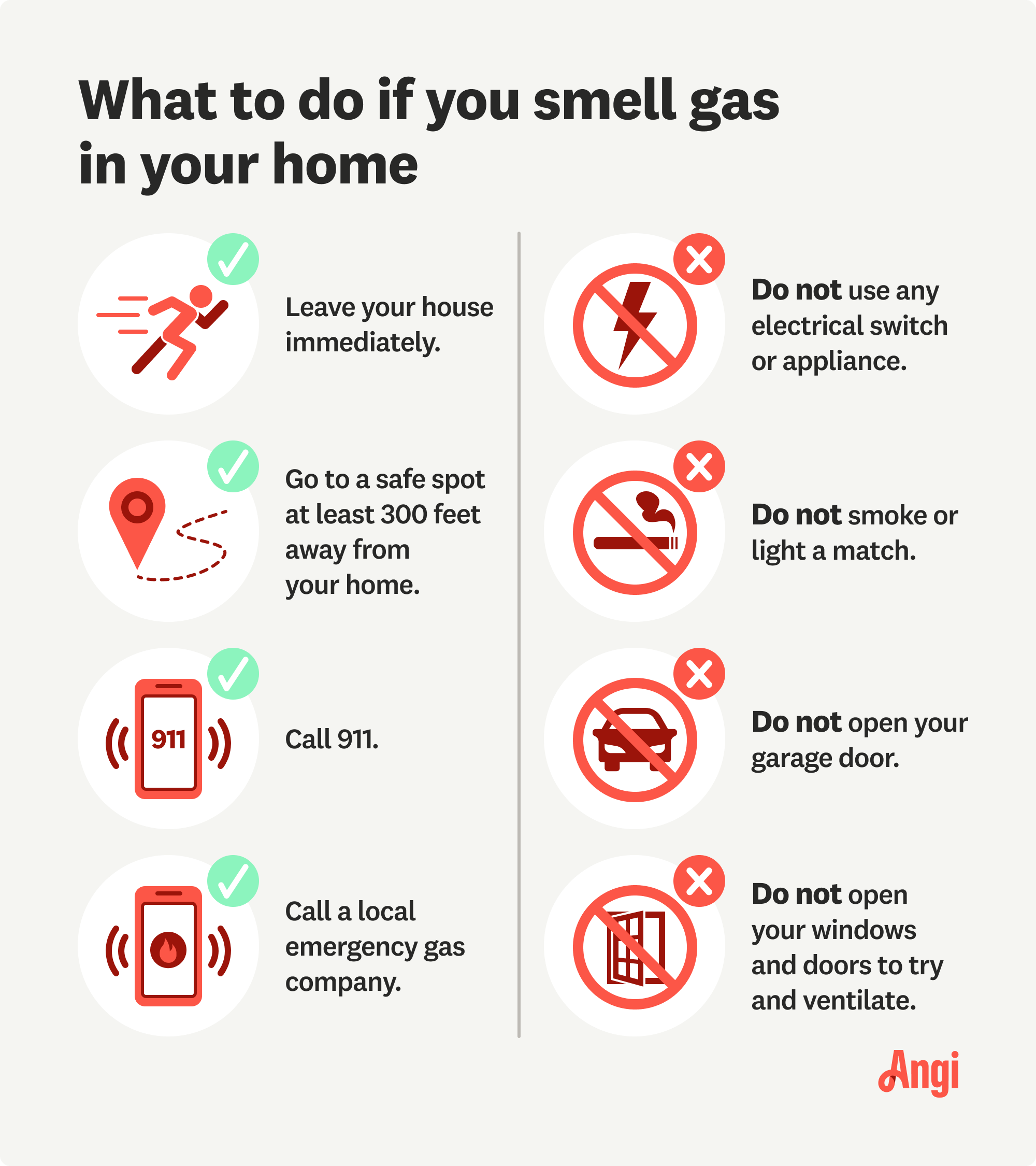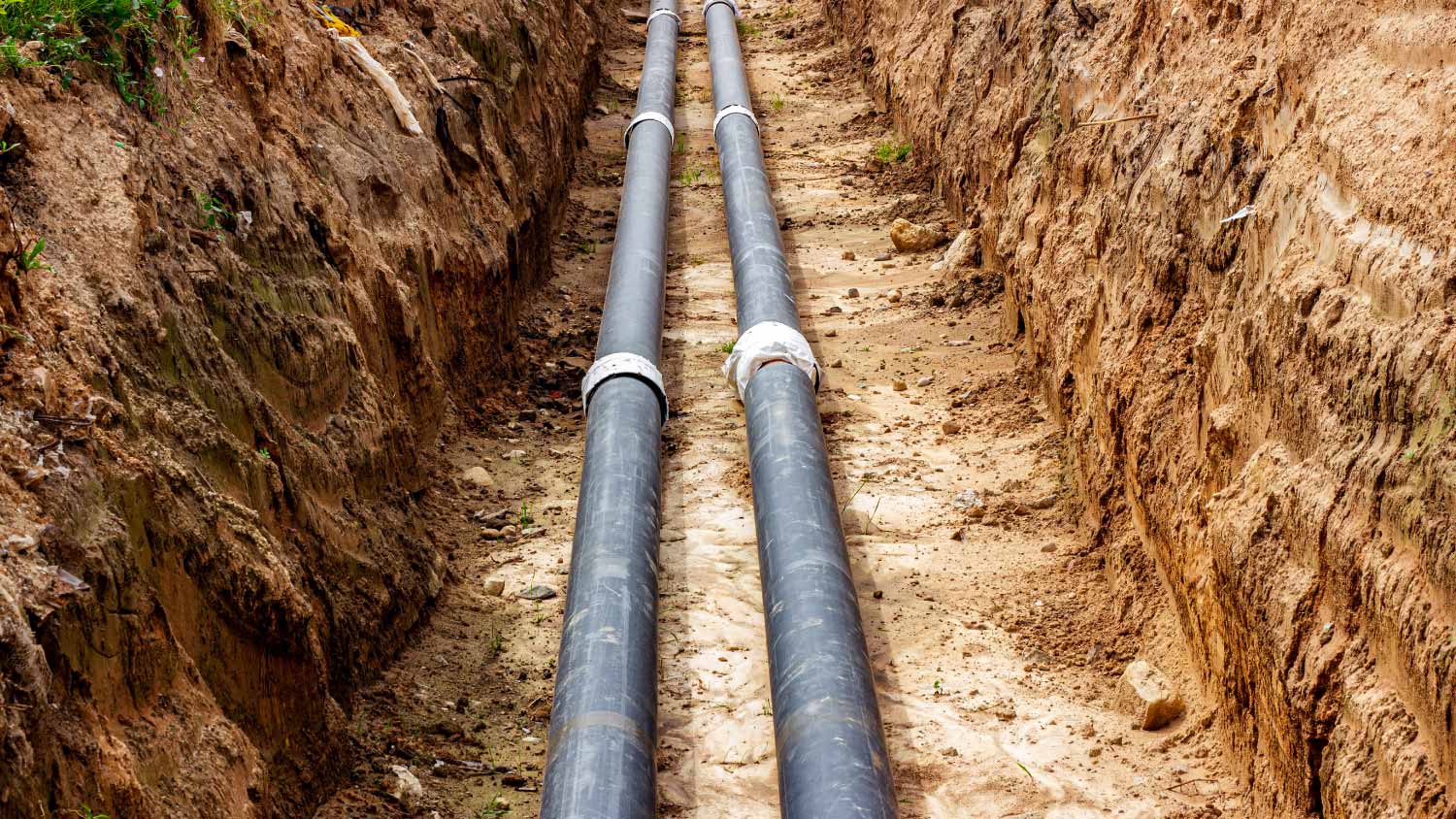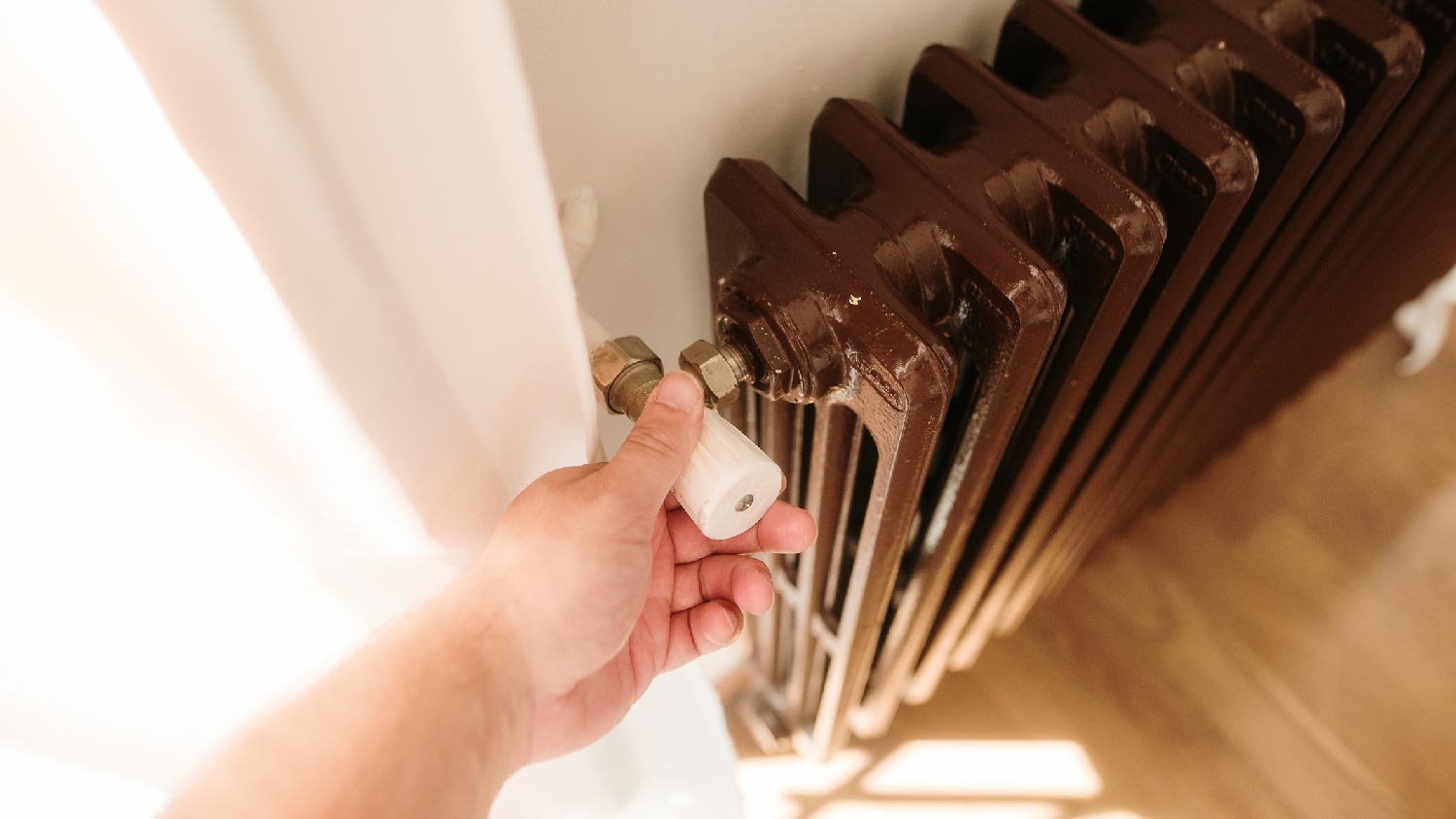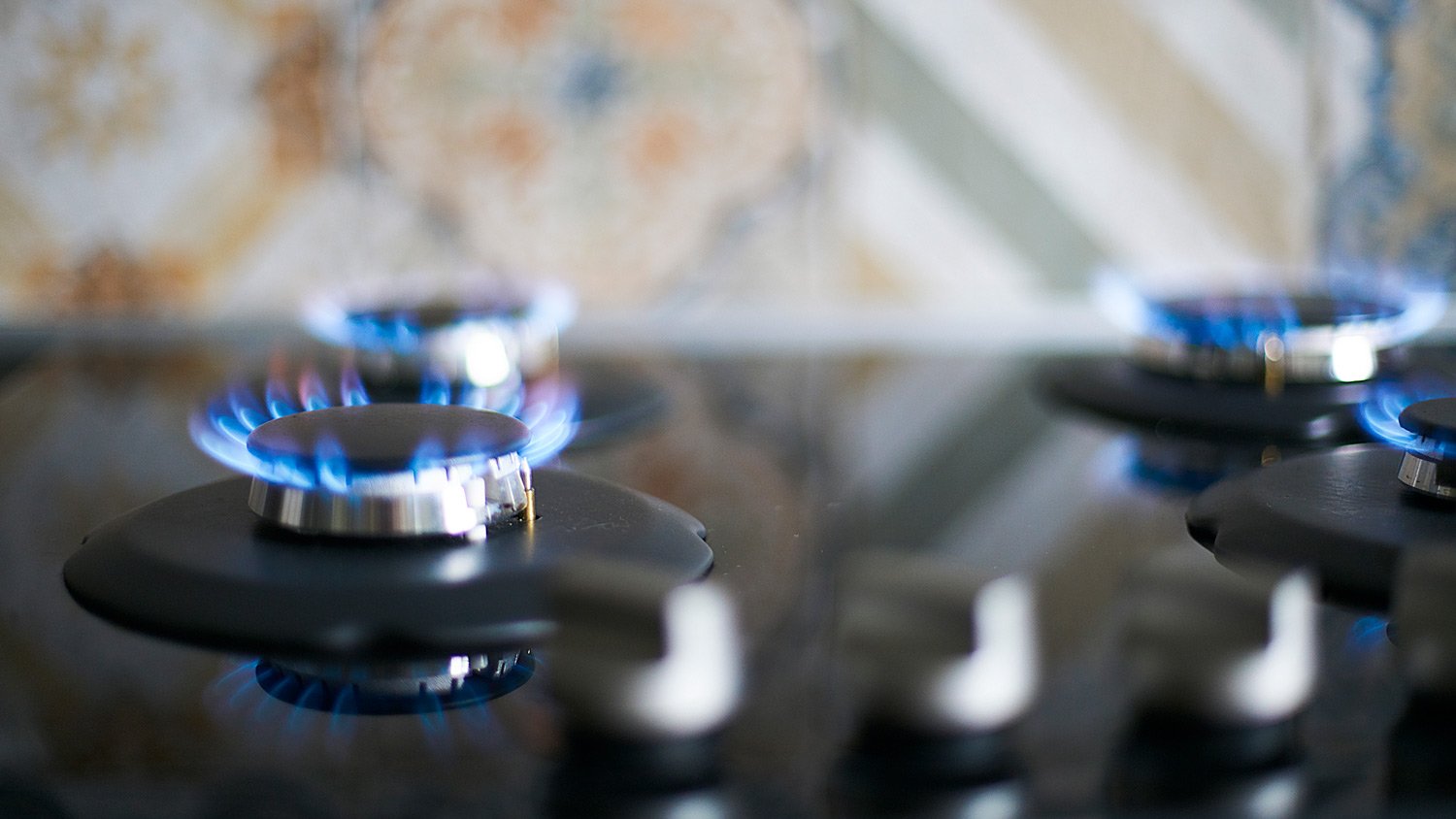
Find costs to repair a gas line and plan your budget based on the problem, from excavating for a new line to making a minor repair to an existing one.
Not all gas pipes are created equal


Black pipe is a better choice for gas because it’s more durable and has a longer lifespan.
Galvanized pipe is made of steel with a zinc coating that prevents corrosion and rust.
However, the zinc coating can wear down over time, which can cause pipe failure.
Check local building codes to find out if you’re allowed to use galvanized pipe for gas.
You rely on your gas pipes for the safe operation of all of the gas appliances in your home. As you look into different pipe types, you may wonder if you can use galvanized pipes for gas. The answer depends on your local building codes, your preferences, and even the input of your gas pipe installer.
No. Using galvanized pipes for gas for underground installations isn’t encouraged because it can corrode and rust from moisture in the soil, which can lead to leaks over time. Instead of galvanized pipes for below-grade installation, two alternatives are polyethylene (PE) plastic piping with corrosion protection and black pipe.
Here’s what different safety and building codes have to say about using galvanized pipes for gas:
The International Residential Code (IRC) allows galvanized pipes for gas lines as long as they’re Schedule 40 or heavier and aboveground. They do not allow underground installations of galvanized steel gas pipes.
The Uniform Plumbing Code does not allow underground usage of galvanized steel pipes and states that any pipe made of galvanized steel must be at least 6 inches aboveground.
The National Fire Protection’s National Fuel Gas Code prohibits the use of galvanized pipes for gas.
The International Fuel Gas Code does not allow galvanized pipes for underground installations.

Galvanized pipes are steel pipes with a zinc coating on the inside and outside. The coating helps prevent corrosion, rust, and mineral buildup. However, the zinc coating doesn’t last forever and can wear down, eventually leading to rust. When there’s rust, the steel weakens, potentially causing cracks and leaks.
The coating can also flake off and cause clogs in the gas line, appliances, and regulators. The lifespan of galvanized pipes is 20 to 50 years. If you’re in an older home built in the 1960s or earlier and haven’t updated your pipes, it’s possible that you have galvanized pipes that need replacing. Call a natural gas company near you to start the removal process.

Let’s assume that your area allows galvanized pipes for gas. Should you use it? The experts say no.
Most plumbers and home builders agree that the most common alternative to galvanized pipes, black pipe, is a much better choice. When you consider that black pipe is more durable and tends to cost less, you’ll realize it’s the better option overall.
If you decide to use galvanized pipe, you should plan ahead since the lifespan is only 20 to 50 years. Schedule annual plumbing inspections so that you can keep an eye on how well the pipes are holding up. You can also opt for higher-quality galvanized pipes with a thicker zinc coating and extra-thick steel, which will help them last longer.
| Galvanized Steel Pipe | Black Pipe |
|---|---|
| Zinc coating | No coating aboveground, plastic coating underground |
| Lasts 20–50 years | Lasts 50–100 years |
| More costly | Less costly |
From average costs to expert advice, get all the answers you need to get your job done.

Find costs to repair a gas line and plan your budget based on the problem, from excavating for a new line to making a minor repair to an existing one.

Whether it's time for pipe replacement or to hook up the range of your dreams, gas line installation cost is an important line in your budget. Let's take a look.

Capping a gas line for an unused appliance is a quick job but one that needs to be done right. Here’s how it’s done and why you should hire a pro to be safe.

As temperatures plummet, you know to keep an eye out for frozen water pipes, but can gas lines freeze? Find out the answer and how to prevent major problems.

Gas leaks pose serious risks to your home and health. This essential homeowner guide teaches you how to check a gas line for leaks and steps to help prevent them.

Flexible gas lines are a modern alternative to traditional gas lines, but are they safe? Use this guide to learn all about the safety and risks of flexible gas lines.